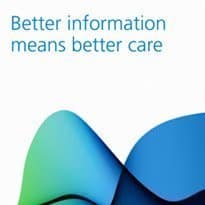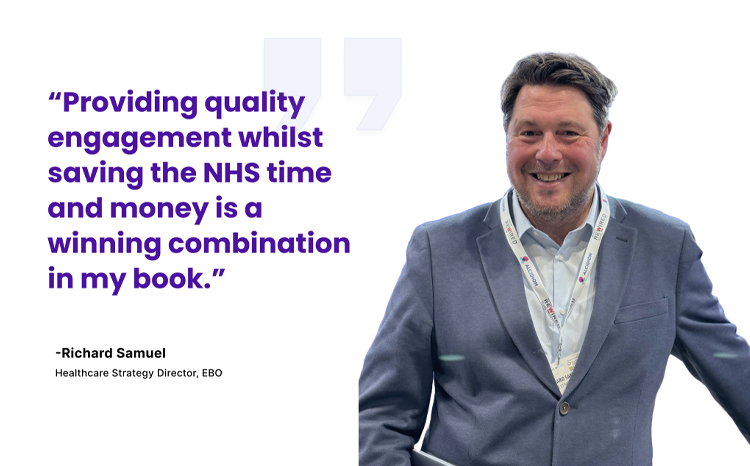Care.data: charities back info sharing
- 13 January 2014

More than 40 UK medical research charities have launched a campaign to back data sharing in the NHS.
The launch has followed NHS England’s leaflet drop to every household in the country explaining the care.data programme.
This will expand the Hospital Episode Statistics and link them to other healthcare data sets, starting with information extracted from GP practices.
The leaflets are a part of a £2m public awareness campaign being run by NHS England and the Health and Social Care Information Centre about care.data, after GPs raised concerns about consent and confidentiality.
The charities, which include The British Heart Foundation, the Alzheimer’s Society, Cancer Research UK, and the Wellcome Trusts, are concerned this will lead some people to ‘opt out’ of having their information included.
The charities say that sharing patient records is extremely valuable for research, and cite the role that sharing information had in uncovering the link between smoking and lung cancer in the 1950s.
“The increasing use of electronic records opens up possibilities to ask new research questions by combining data from very large numbers of patients and by linking different datasets,” says a statement issued by the charities.
Dr Jeremy Farrar, director of the Wellcome Trust, said that with the correct safeguards in place “to assure public confidence”, patient records are an important source that can be used to help develop treatments to save peoples’ lives.
“The NHS is a unique and incredibly valuable resource for research, providing insights that just would not be possible without such large and comprehensive sets of data,” he said.
His views were echoed by Professor Peter Weissberg, medical director of the British Heart Foundation.
"Locked inside our medical records is a mine of vital information that can help medical scientists make discoveries that can improve patient care and save lives,” he said.
"Patients can choose whether or not to share their information. That’s why it’s important to raise public awareness of the benefits access to patient records can bring so that everyone can make the right choice."
EHI reported last week that privacy campaigners criticised NHS England’s leaflet, saying it does not clearly say how patients can opt out, or what happens to the data.
NHS England has responded by saying that the leaflets are only part of the overall publicity campaign, and that they include web links and helpline numbers on which patients can obtain further information.
The charities agree that it is important for patients to be aware of exactly how the data will be used.
Professor Sir John Tooke, president of the Academy of Medical Sciences, said: "For the majority of medical research projects the risk of disclosure of sensitive information is extremely low. On the other hand, the risks to public health of impeding such research are potentially very large.
“It is therefore essential to communicate clearly exactly how and why patient data is used, how it will be stored, and how everyone can make an informed decision about exactly how their data is used."




